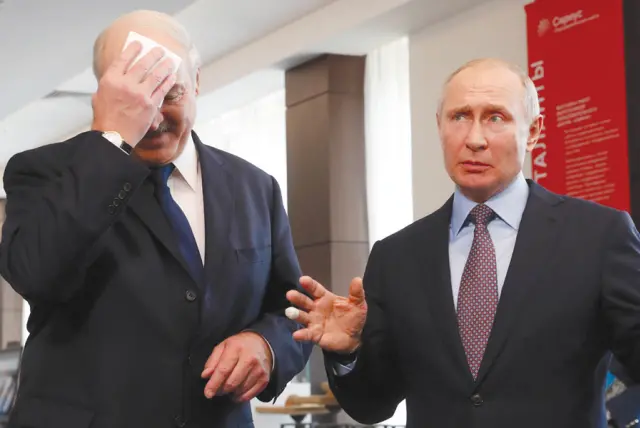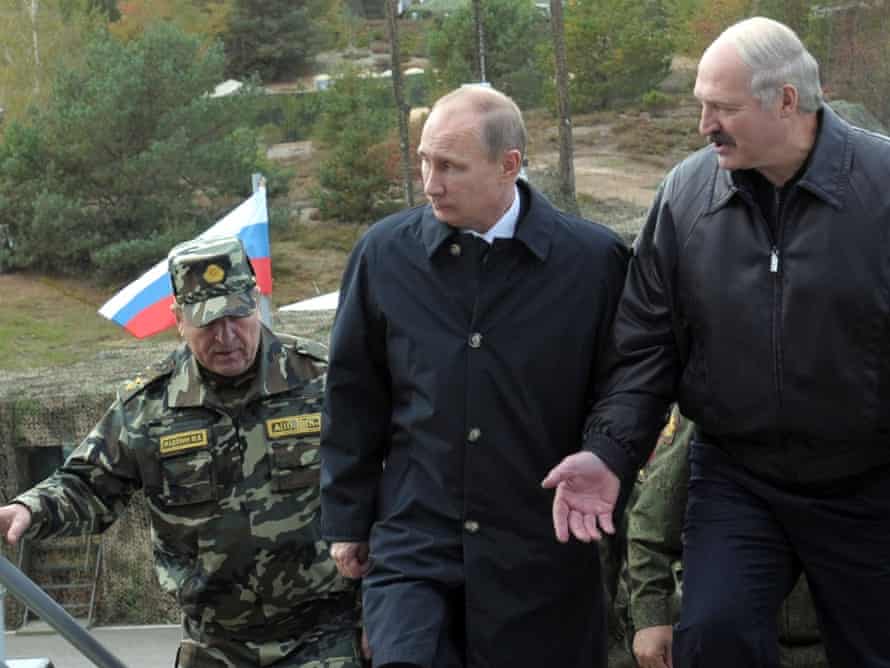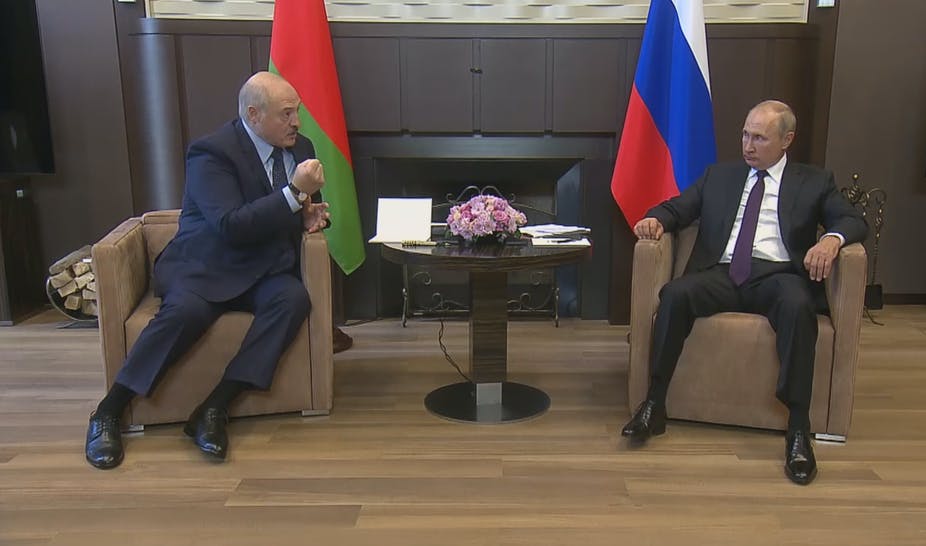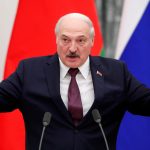Russia is seeking to get Belarus into the war in Ukraine, with a view to absorb it and deprive of sovereignty.
On June 23, Russian Defense Minister Sergei Shoigu called for an enhanced joint defense of Russia and Belarus, including a single regional air defense system. That initiative aimes at confronting the U.S. and our allies, with Russia getting access to NATO borders.
Against this backdrop, Belarus opens its reserves of military equipment. It might be used to help the Russian occupation troops in the Donetsk and Lugansk regions. The Kremlin seeks to use the Belarusian military assets for the war in Ukraine, to compensate for losses of Russian troops.
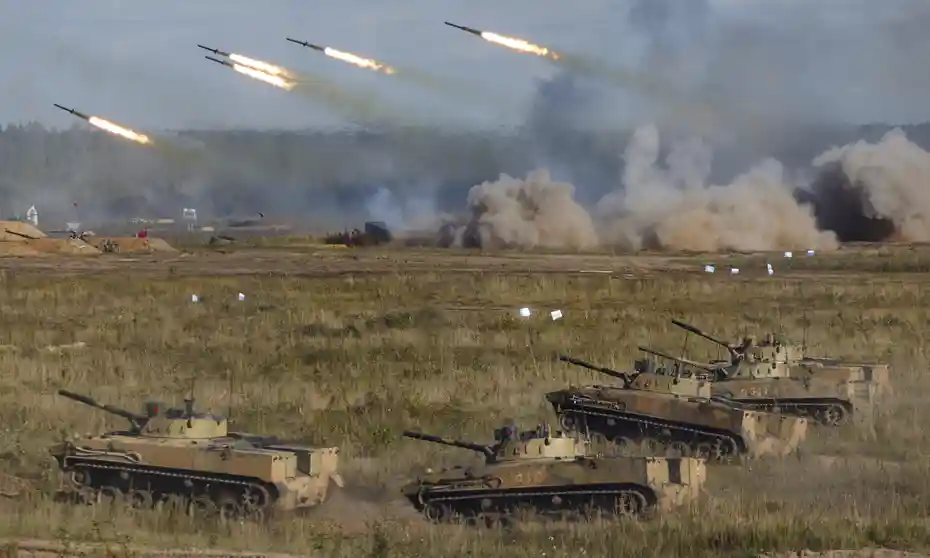
We believe the regional air defense system is a secondary issue that detracts from the main idea. Only one thing Russia is afraid of is intercontinental ballistic missile strike. Russian air defense systems have failed to combat even simple weapons. Russia does not possess a competitive missile defense system. The North Pole is the main direction for the strike against Russia. The effort to strengthen the Belarusian air defense therefore is pointless in terms of Russia’s defense.
The Kremlin needs to reinforce the troops with reserve manpower and armored vehicles to continue the advance in Ukraine. Those goals require the Kremlin to find reserves and get control and command of Belarusian troops.
Putin is most likely to force Lukashenko’s dragging the Belarusian troops into the war in Ukraine. But potential composition of invasion troops and their actual fighting capacity remain unknown, which warns against underestimating them.
It is likely that Russia aims at uniting the armies under its command.
That scenario, however, would deprive Lukashenko of ability to rule the country, make him more vulnerable and launch his removal from office, with the country absorbed by Russia. That both pushes Lukashenko to war and holds him back from making such decision. On the other hand, if Minsk enters the war the people will pose no threat to the regime, as there’s little prospect of mass protests under that scenario.
Lukashenko is aware of those risks, which is why he resists that scenario. Moscow fully regulates Belarusian army and the KGB. The army is the only guarantee for Belarusian regime against external threats, including from Moscow. Belarusian militia and special forces are not able to counter the coup in the country. That is why, Lukashenko will lose power in Minsk, if Russia gets command of Belarusian army and sends troops and equipment to Ukraine.
With Russian troops in Belarus, and sabotage groups sent there, the risk is high for Lukashenko to lose office and be replaced by Russian puppet leader anytime soon. Russia is most likely to stage armed provocations in Belarus with a view to push Lukashenko into joining the war. But fear of losing power will remain a key obstacle for him to make that decision.
It is possible to consider negotiations with Minsk on remaining neutral in the war against Ukraine within the context of decision-making to ease the oil embargo for Venezuela.


